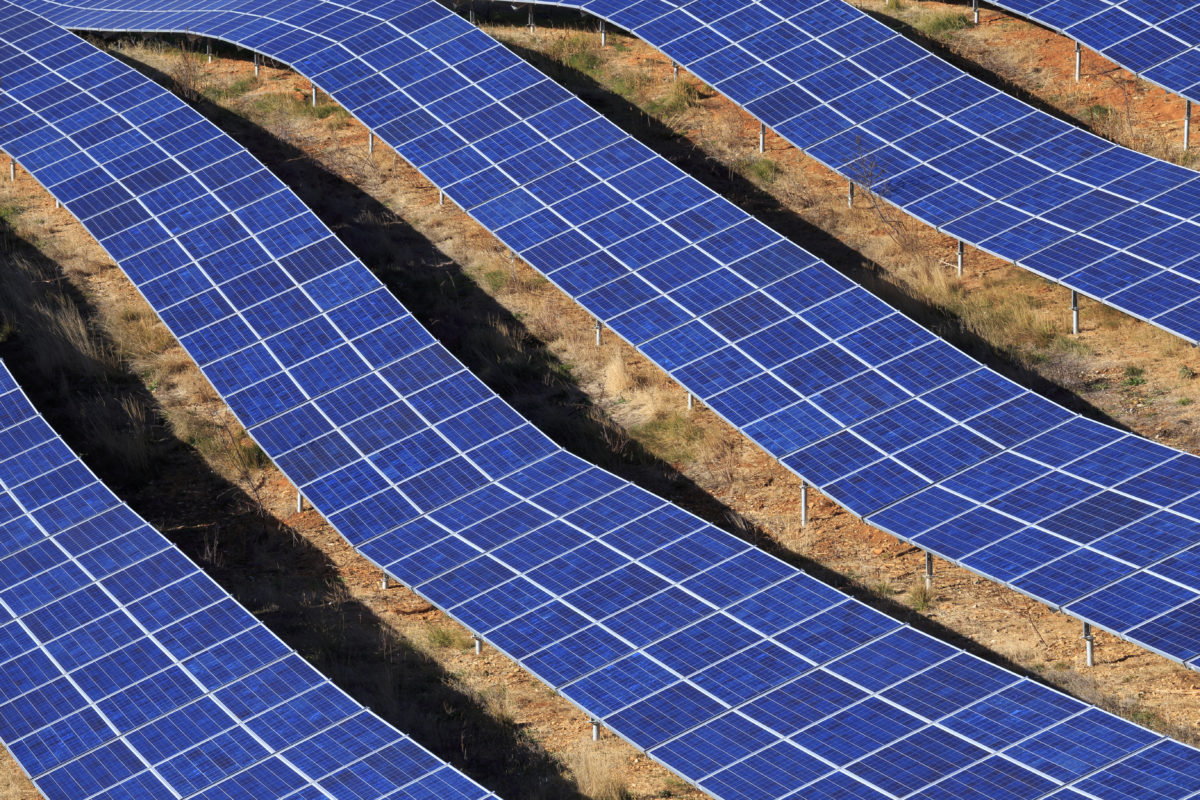The Brazilian solar market seems not to have been significantly slowed down by the Covid-19 crisis, according to a new report from Brazil-based consultancy Greener.
The company’s analysts reported that total module shipments in the market in the first half of the year totaled 2,599 MW, with panel imports reaching 2,490 MW and domestic products accounting for 109 MW, which represents around 4.4% of the total market share.
Modules
“Last year, 4.3 GW of photovoltaic modules were imported in the country, while in the first half of 2020 alone, 2.5 GW were imported,” said Greener CEO Marcio Takata. “It is a very significant volume, despite the pandemic.”
The report also revealed that around 54% of the imported modules employed PERC cell technology, while this percentage a year earlier stood at 27%. Canadian Solar, Trina Solar and Jinko Solar were the three largest providers in the first half of the year with shipments of 468 MW, 454 MW and 451 MW, respectively. Canadian Solar owns and operates a solar module factory in Sao Paulo.
BYD, which also operates a PV module manufacturing facility in the country's largest city, was the fourth largest provider with 325 MW of shipped products.
Inverters
Inverter shipments in the first six months of the year reached 2,464 MW, with 1,274 MW being shipped in the first quarter and 1,190 MW in the second. The largest provider was China-based Sungrow with 369 MW, followed by Brazilian manufacturer WEG and Austria's Fronius, with 347 MW and 183 MW, respectively.
Popular content
Total inverter shipments grew by around 128% year-on-year in the first half of 2020. Particularly strong growth was registered in the segment of devices with capacities below 50 kW, Greener said in the report.
New installs
But if the Covid-19 crisis has not impacted PV product imports, it seems to have slowed down the growth in newly installed PV capacity, which for the first half of the year was around 900 MW. In the same period last year, new additions totaled 1.32 GW. “As in most sectors, the Covid-19 pandemic also impacted the distributed generation market, reducing the demand – this effect was felt with greater intensity by PV system integrators that started their activities more recently,” Takata further explained. “In any case, the solar sector continues to expand.”
Takata also highlighted the effects of abrupt fluctuations in the exchange rate, which affect the sector as most of the equipment used is imported, impacting the cost of the systems. However, the report pointed out that costs were marginally passed on to the end customer, and that in many cases prices remained stable. “Apparently, the distribution and integration chains are absorbing costs, adjusting their margins to remain competitive,” Takata added.
Cumulative installed PV capacity in the distributed generation segments, which in Brazil includes all PV installations not larger than 5 MW, reached 2,963.3 MW at the end of June.
The Brazilian government is supporting distributed generation through Convention 16/15 (Convenio ICMS 16/2015), which exempts the owners of solar systems with a generation capacity of up to 1 MW from paying the ICMS state sales tax under a net metering regime open to projects no larger than 5 MW.
This content is protected by copyright and may not be reused. If you want to cooperate with us and would like to reuse some of our content, please contact: editors@pv-magazine.com.



0 comments
By submitting this form you agree to pv magazine using your data for the purposes of publishing your comment.
Your personal data will only be disclosed or otherwise transmitted to third parties for the purposes of spam filtering or if this is necessary for technical maintenance of the website. Any other transfer to third parties will not take place unless this is justified on the basis of applicable data protection regulations or if pv magazine is legally obliged to do so.
You may revoke this consent at any time with effect for the future, in which case your personal data will be deleted immediately. Otherwise, your data will be deleted if pv magazine has processed your request or the purpose of data storage is fulfilled.
Further information on data privacy can be found in our Data Protection Policy.